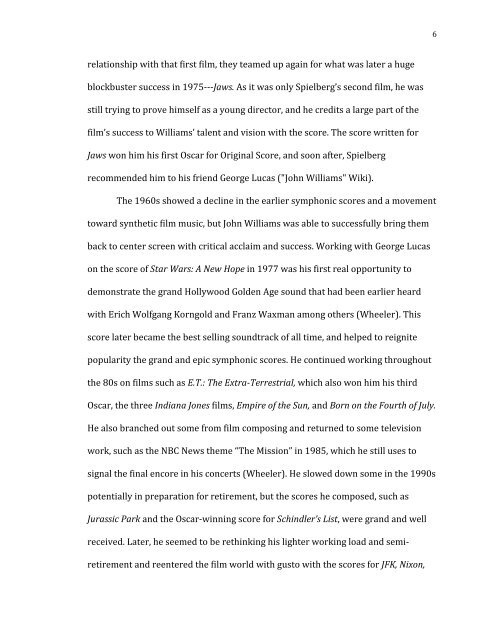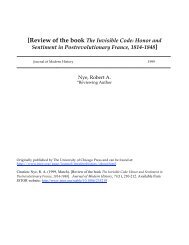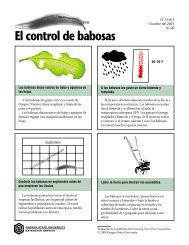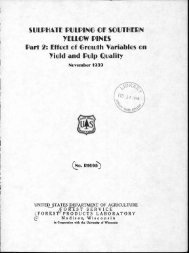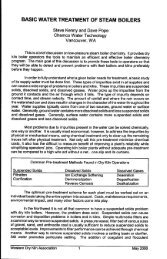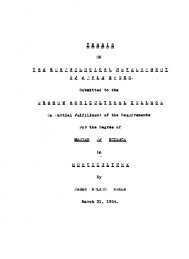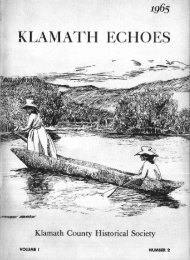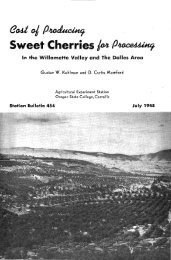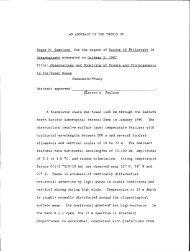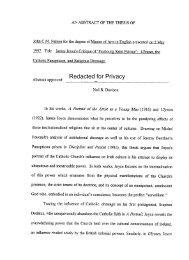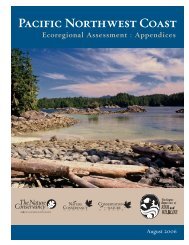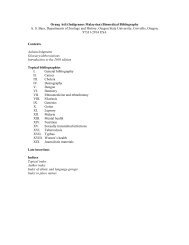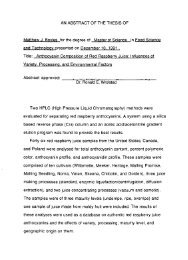Final Thesis - John Williams - ScholarsArchive at Oregon State ...
Final Thesis - John Williams - ScholarsArchive at Oregon State ...
Final Thesis - John Williams - ScholarsArchive at Oregon State ...
Create successful ePaper yourself
Turn your PDF publications into a flip-book with our unique Google optimized e-Paper software.
el<strong>at</strong>ionship with th<strong>at</strong> first film, they teamed up again for wh<strong>at</strong> was l<strong>at</strong>er a huge<br />
blockbuster success in 1975---Jaws. As it was only Spielberg’s second film, he was<br />
still trying to prove himself as a young director, and he credits a large part of the<br />
film’s success to <strong>Williams</strong>’ talent and vision with the score. The score written for<br />
Jaws won him his first Oscar for Original Score, and soon after, Spielberg<br />
recommended him to his friend George Lucas ("<strong>John</strong> <strong>Williams</strong>" Wiki).<br />
The 1960s showed a decline in the earlier symphonic scores and a movement<br />
toward synthetic film music, but <strong>John</strong> <strong>Williams</strong> was able to successfully bring them<br />
back to center screen with critical acclaim and success. Working with George Lucas<br />
on the score of Star Wars: A New Hope in 1977 was his first real opportunity to<br />
demonstr<strong>at</strong>e the grand Hollywood Golden Age sound th<strong>at</strong> had been earlier heard<br />
with Erich Wolfgang Korngold and Franz Waxman among others (Wheeler). This<br />
score l<strong>at</strong>er became the best selling soundtrack of all time, and helped to reignite<br />
popularity the grand and epic symphonic scores. He continued working throughout<br />
the 80s on films such as E.T.: The Extra-Terrestrial, which also won him his third<br />
Oscar, the three Indiana Jones films, Empire of the Sun, and Born on the Fourth of July.<br />
He also branched out some from film composing and returned to some television<br />
work, such as the NBC News theme “The Mission” in 1985, which he still uses to<br />
signal the final encore in his concerts (Wheeler). He slowed down some in the 1990s<br />
potentially in prepar<strong>at</strong>ion for retirement, but the scores he composed, such as<br />
Jurassic Park and the Oscar-winning score for Schindler’s List, were grand and well<br />
received. L<strong>at</strong>er, he seemed to be rethinking his lighter working load and semi-<br />
retirement and reentered the film world with gusto with the scores for JFK, Nixon,<br />
6


